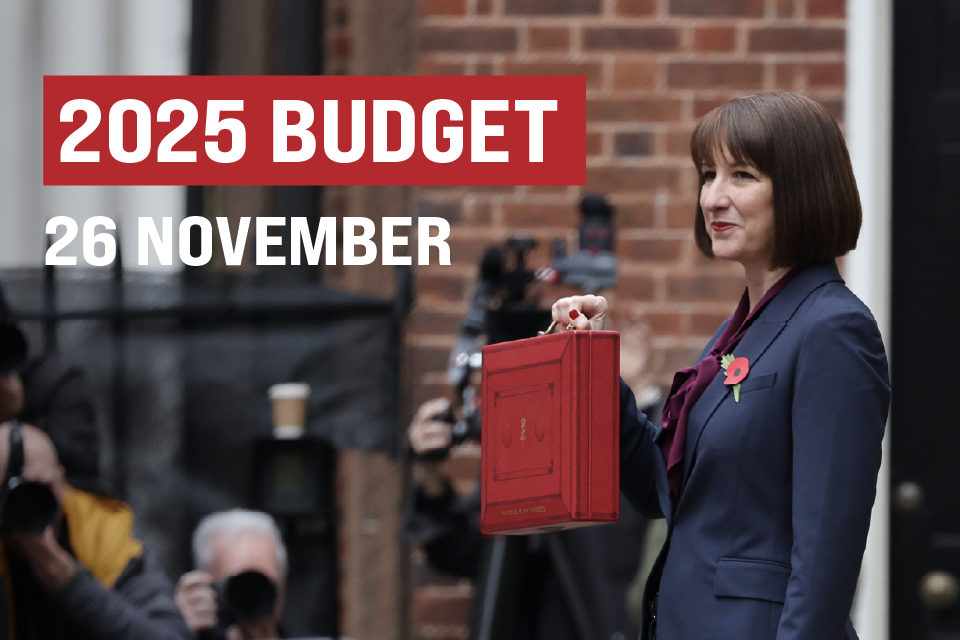Why You Shouldn’t Be Afraid to Book a Call With a Mortgage Adviser
If you're thinking about buying your first home, remortgaging, or you're worried about your credit history, the idea of speaking to a mortgage adviser might feel a little intimidating. You might be wondering what questions you'll be asked, whether you'll be judged for your financial situation, or if you'll be pressured into something you're not ready for.
The truth is, there’s absolutely nothing to be afraid of. Our initial calls are simply a relaxed, informal chat designed to help you take the first step with confidence.
It’s Just a Conversation – No Pressure, No Obligation
When you book a call with us, you’re not signing up for anything formal. We’re here to listen and understand your situation. Whether you’re a first-time buyer, someone who's had credit issues in the past, or you're looking to remortgage for a better deal, we want to hear your story.
We’ll talk about what you’re hoping to achieve – whether that’s buying your first home, freeing up money through remortgaging, or simply understanding your options. It’s a friendly, no-pressure conversation where you can ask anything, share your concerns, and get honest, straightforward advice.
What We’ll Talk About on the Call
Here’s what you can expect from your initial chat:
- Your Goals – What are you looking to do? Buy your first home? Remortgage to a better deal? Sort out your finances after a difficult period?
- Your Income & Expenditure – We’ll chat about what you earn and what you spend, so we can get a clear picture of your affordability.
- Your Credit History – If you’ve had missed payments, defaults, CCJs or been in a DMP, don’t worry. We’ve helped many people in the same boat. We’ll talk openly about it, with no judgement, and guide you on the best route forward.
- The Mortgage Process – We’ll explain the steps involved in getting a mortgage or remortgage, so you know exactly what to expect.
- Possible Costs – From solicitor fees to surveys, we’ll go over any potential costs you might need to budget for so there are no surprises later.
Building Trust From Day One
This first call is just as much about you getting to know us as it is about us understanding your situation. Trust is key when it comes to financial advice, and we believe in starting that relationship with complete honesty and transparency. You’ll never be rushed, and we’ll always explain everything in plain English.
Don’t Let Fear Hold You Back
Too many people delay speaking to a mortgage adviser because they think their situation is too messy, or they’re afraid of being told "no." But the sooner we have a chat, the sooner we can help you find the right path – and in many cases, people are surprised by how many options they actually have.
You don’t need to have all your paperwork ready. You don’t need to know every detail. You just need to take that first step and have a conversation.
Ready to Have a Chat?
If you're thinking about your next move – whether it's your first step onto the property ladder, sorting out your finances, or looking for a better mortgage deal – we’re here to help.
Book your free, informal call today. Let’s talk about how we can help you move forward.
Recent Posts





